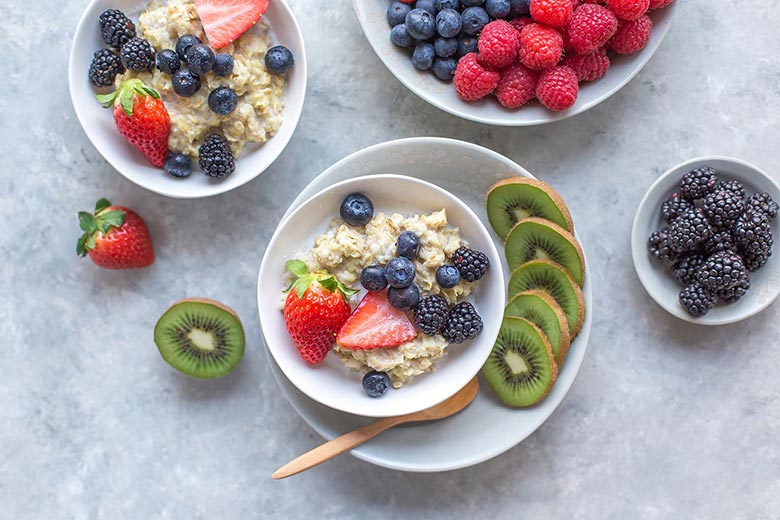Is your loved one consuming enough iron? Is the iron they are taking being absorbed into the body? And why is all this important?
The importance of iron
I was amazed at the importance of iron in our diet when I started researching it. An iron deficiency could be the reason why your senior parent’s mental function and memory is decreasing, they don’t have energy, are anemic, and/or have a poor immune system.
You may be thinking that this is not the case of your senior loved one, possibly because they are taking iron supplements. But are they ABSORBING the iron they taking?
What causes iron deficiencies?
Without hydrochloric acid (stomach acid) nutrients cannot be absorbed without an acidic environment. Certain medications reduce stomach acidity. And a poor diet will not just prevent absorption but will also make you lose iron.
Blood loss is another main reason for iron deficiency. When you lose blood, you lose iron. For example, aspirin and anti-inflammatory (NSAIDs) drugs, or the common Coumadin (warfarin) can cause significant bleeding from the digestive tract. Many physicians recommend taking one baby aspirin a day to avoid heart disease, but is this causing an iron deficiency? Resulting in other health disorders?
What are the signs of iron deficiency?
Iron deficiencies impair memory, mental processing and other mental functions. An 11-year study showed that those who are anemic have a 40% higher risk of developing dementia than those without anemia. Iron-deficiency anemia is the second most common cause for anemia in the elderly. The most prevalent reasons for iron deficiency are blood loss, nutritional deficiencies, medications, cancer therapies and poor absorption.
Also, it is important to note that as a society, coffee has become our main source of hydration. And you lose iron when you drink coffee.
Why do we need iron?
Iron is an essential nutrient for all life forms. It is involved in transporting oxygen and regulating cell growth. Most importantly, iron provides hemoglobin (the protein in red blood cells), a mechanism through which it can bind to oxygen and carry it throughout the body. Without oxygen your cells quickly begin to die, including your brain cells.
So how can you increase your absorption and consumption of iron? Remember you need adequate stomach acid to absorb nutrients. So it is important to combine sources of iron with vitamin C.
I do not recommend iron supplements as a proper source of iron, as the attachment of iron to protein is a vital way the body prevents iron from harming the body. But don’t worry, there are plenty of foods high in iron!
Sources of iron
- Meat – chicken, fish, beef
- Beans – kidney, lima, pinto, black, navy
- Lentils
- Oatmeal
- Nuts and seeds – peanuts, almonds, sunflower seeds, pumpkin seeds, cashews
- Raisins
Sources of vitamin C
- Bell peppers
- Berries
- Broccoli
- Cauliflower
- Citrus fruits – oranges, limes, lemons (homemade lemonade is a great drink to include at meals)
- Guava
- Melons
- Onions
- Pineapple
Stay tuned for fun and delicious ways to eat healthy without forsaking yourself of those things you LOVE.
Photo credit: Melissa BelangerResources:
Iron Disorder Institute: Iron Out of Balance in the Elderly
Centers for Disease Control and Prevention: Recommendations to Prevent and Control Iron Deficiency in the United States
Alzheimers.net: Can Anemia Lead to Alzheimer’s?
Mercola.com: Iron: This Life-Saving Mineral Found to Actually Increase Senility in Many
Eating to Increase Iron Absorption: (formerly at: https://myfooddiary.com/blog/eating-to-increase-iron-absorption)
Dr. Joanna F. Collingwood, Professor John Dobson: Iron and Alzheimer’s Disease: the good, the bad, and the ugly.
